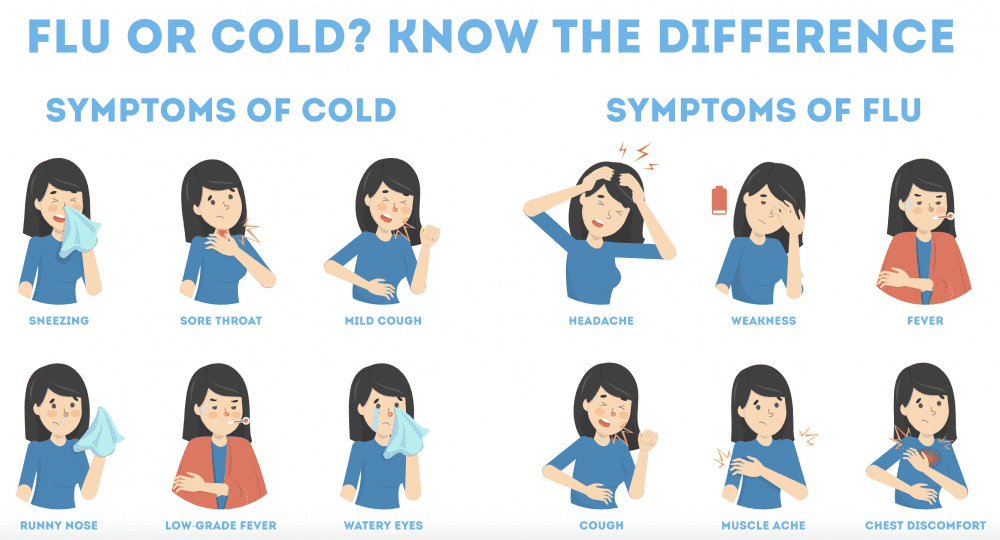- Pain Relief: Acupuncture is believed to stimulate nerves, muscles, and connective tissue, which can boost the body’s natural painkillers (endorphins) and reduce inflammation. This can lead to relief from joint pain.
- Improved Blood Flow: Inserting needles at specific points may improve circulation in the affected area, promoting healing and reducing stiffness.
- Release of Natural Healing Factors: Acupuncture can trigger the release of hormones like cortisol, which has anti-inflammatory effects and can aid in pain relief.
- Balancing Energy Flow: Traditional Chinese Medicine (TCM) theory suggests that acupuncture helps balance the flow of energy (qi) through pathways in the body (meridians). An imbalance in qi is believed to contribute to pain and illness.
- Complementary Therapy: Acupuncture is often used alongside conventional treatments for joint pain, such as medication or physical therapy, to enhance overall pain management and improve mobility.

Can acupuncture and Chinese medicine help in the winter?
Chinese medicine during the winter season align with the concept that humans should live in harmony with the natural cycles of their environment.
The cold and darkness of winter urge us to slow down, reflect on our health, replenish our energy, and conserve our strength.
By conserving our energy and building our reserves during winter, we can have the necessary resources needed for the coming spring.
It’s a time to prioritize rest, warmth, and nourishment. This holistic approach in Chinese medicine emphasizes the importance of nurturing the spirit or “Shen.”
It encourages indulging in guilty pleasures that bring joy and comfort during the winter, such as enjoying a warm apple pie.
Acupuncture has been shown to boost the immune system, which can help prevent colds, flu, and other common winter illnesses.
It can elevate the body’s immune-enhancing hormones and blood counts, enabling the immune system to better fight off infections, reduce aches and pains, decrease inflammation, and increase energy levels.
Furthermore, acupuncture can be beneficial for managing winter joint pain. The treatment increases circulation to the joints and surrounding tissues, improving blood flow and providing necessary oxygen and nutrients for joint health. It also reduces inflammation, alleviating stiffness and pain.
Acupuncture stimulates the production of endorphins, which act as natural pain relievers and promote a sense of well-being. Additionally, by reducing inflammation, acupuncture can improve flexibility and range of motion, making movement easier.
It’s worth noting that individual responses to acupuncture may vary, and it’s always recommended to consult a qualified practitioner to receive personalized care and treatment based on your specific needs and health condition.
Here are a few point to consider when you are thinking about acupuncture.
Acupuncture and Chinese medicine are often utilized during the winter season to help promote health and well-being.
According to traditional Chinese medicine (TCM) principles, winter is associated with the Water element and the organs of the Kidneys and Bladder.
Here are some ways acupuncture and Chinese medicine can be beneficial during the winter:
- Boosting the immune system: Acupuncture can help strengthen the immune system, which is particularly important during the cold and flu season.
By stimulating specific points on the body, acupuncture is believed to enhance the body’s natural defense mechanisms and improve overall resistance to illnesses. - Balancing energy flow: TCM views health as a balance of Qi (pronounced “chee”), the vital energy that flows through the body’s meridian pathways.
Acupuncture can help balance the flow of Qi, ensuring the body’s energy is distributed evenly. This balance is essential during winter when the body’s energy tends to be more inward and introspective. - Treating respiratory issues: Winter is commonly associated with respiratory problems such as colds, coughs, and asthma.
Acupuncture can help alleviate symptoms associated with these conditions by promoting better lung function, reducing inflammation, and clearing congestion. - Managing stress and improving mood: Winter often brings shorter days, less sunlight, and colder weather, which can affect mood and lead to seasonal affective disorder (SAD) or general winter blues.
Acupuncture can help regulate mood by promoting the release of endorphins, the body’s natural “feel-good” hormones, and by reducing stress and anxiety. - Nourishing the Kidneys: In TCM, the Kidneys are considered the foundation of vitality and longevity.
Acupuncture and Chinese herbal medicine can be used to tonify and nourish the Kidneys during winter, as it is believed that they play a crucial role in supporting overall health and resilience during this season. - Regulating sleep patterns: Many people experience changes in sleep patterns during the winter, such as increased fatigue or difficulty falling asleep.
Acupuncture can help regulate sleep by promoting relaxation, balancing hormones, and addressing underlying imbalances that may be contributing to sleep disturbances.
It’s important to note that the effectiveness of acupuncture and Chinese medicine may vary from person to person.
It’s advisable to consult a qualified practitioner of TCM to receive personalized recommendations and treatments based on your specific needs and health conditions.

